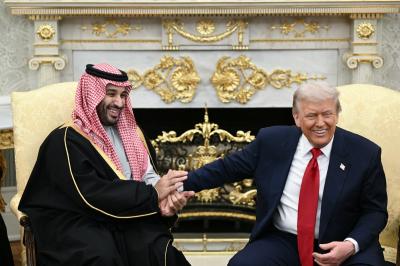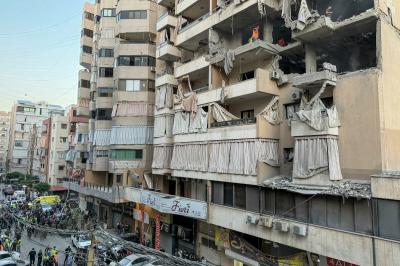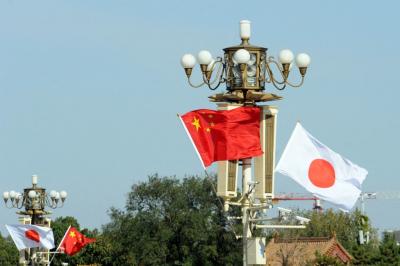On the eve of Pope Leo XIV's visit to Lebanon, and the US Presidential envoy Morgan Ortagus's return to Beirut next month, and President Trump's spontaneous answer about his intention to invite the Lebanese President to the White House, one could see the emergence of some indications of a positive path for Lebanon.
Yet, anyone returning to Beirut from Washington cannot help but notice that the media atmosphere in Lebanon casts a heavy pall, increasing worry and sorrow. The media relay warnings, exaggerate stances, and paint grim scenarios that muddy the positive efforts to address the situation, without contributing a single idea that dispels the bleak panorama.
The truth is, nothing has changed. In fact, the calamity is that nothing has changed, especially since Lebanon's concerned international friends, who care about it, have asked it to initiate change so they can meet it halfway.
What Lebanon needs and what its international friends advise it to do is now well-known. Lebanon's interest begins with implementing the government's decisions, the principles of which were outlined in the presidential oath speech and in the statement of the Prime Minister-designate, Nawaf Salam, following his assignment to form a government. The most prominent of these decisions are: restoring the state's authority over all its territory, starting with neutralizing the role of armed groups domestically and dismantling their military and security structures, leading up to pressuring Israel to stop its aggressions and withdraw from the positions it has reoccupied. Furthermore, Lebanon must issue reform laws with their implementing decrees, and reform, streamline, and modernize the public administration before beginning reconstruction efforts. These are the steps, in sequence. The Americans have informed Lebanon that Israel will not move unless Lebanon implements what is required from it, step by step and as sequenced in the agreement to cease hostilities.
Therefore, those who dragged Lebanon into this calamity are required to take the initiative to extricate it by implementing what is stipulated in the cessation of hostilities agreement, and the state must move to assert its authority over the entirety of Lebanese territory, starting from south of the Litani River.
Taking positions with no accompanying required action will yield no result. Cunning, complaints, reneging on commitments with or without reason, and denial will not remove Israel from our land. The problem does not lie in the performance of the Lebanese Army, but in the political authority's lack of resolve to implement its decisions with the required speed.
Lebanon must consider its own interests and act according to the principle of "Lebanon First," and deal seriously with the situation as it is and as the United States sees it, because it is the only one capable of pressuring Israel. The Lebanese government must strive diligently to reduce the quantity of media pumping by those who issue opinions believing they are facts, who consult those who have no knowledge of the inner workings of matters and those who love pompous, empty titles that change from year to year, and who offer opinions and explanations where no interpretation is needed, implying their closeness to decision-making centers.
Too much talk, like too many cooks, always results in a burnt meal.
Please post your comments on:
[email protected]
 Politics
Politics














